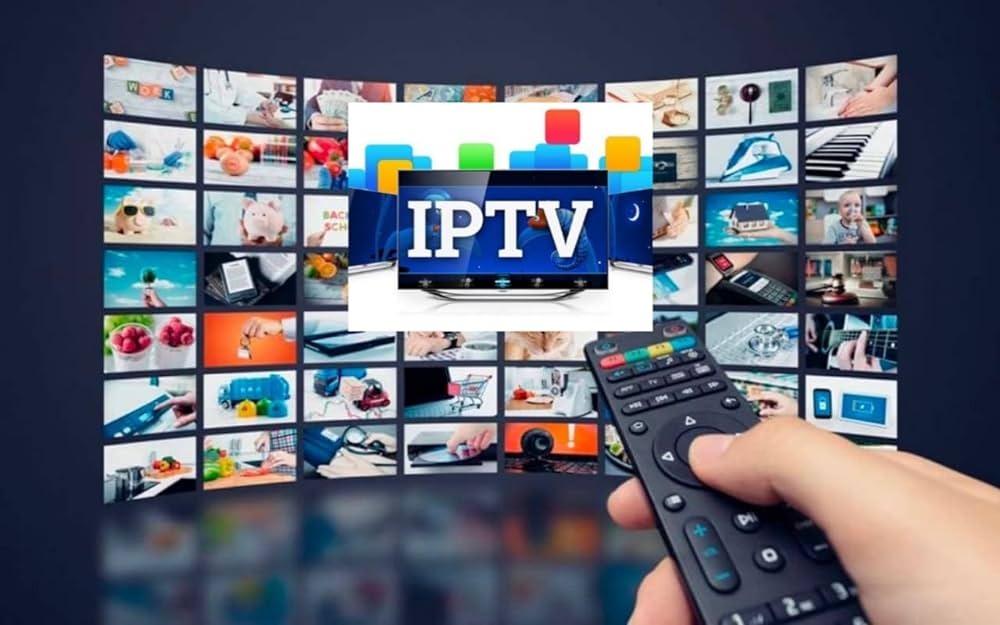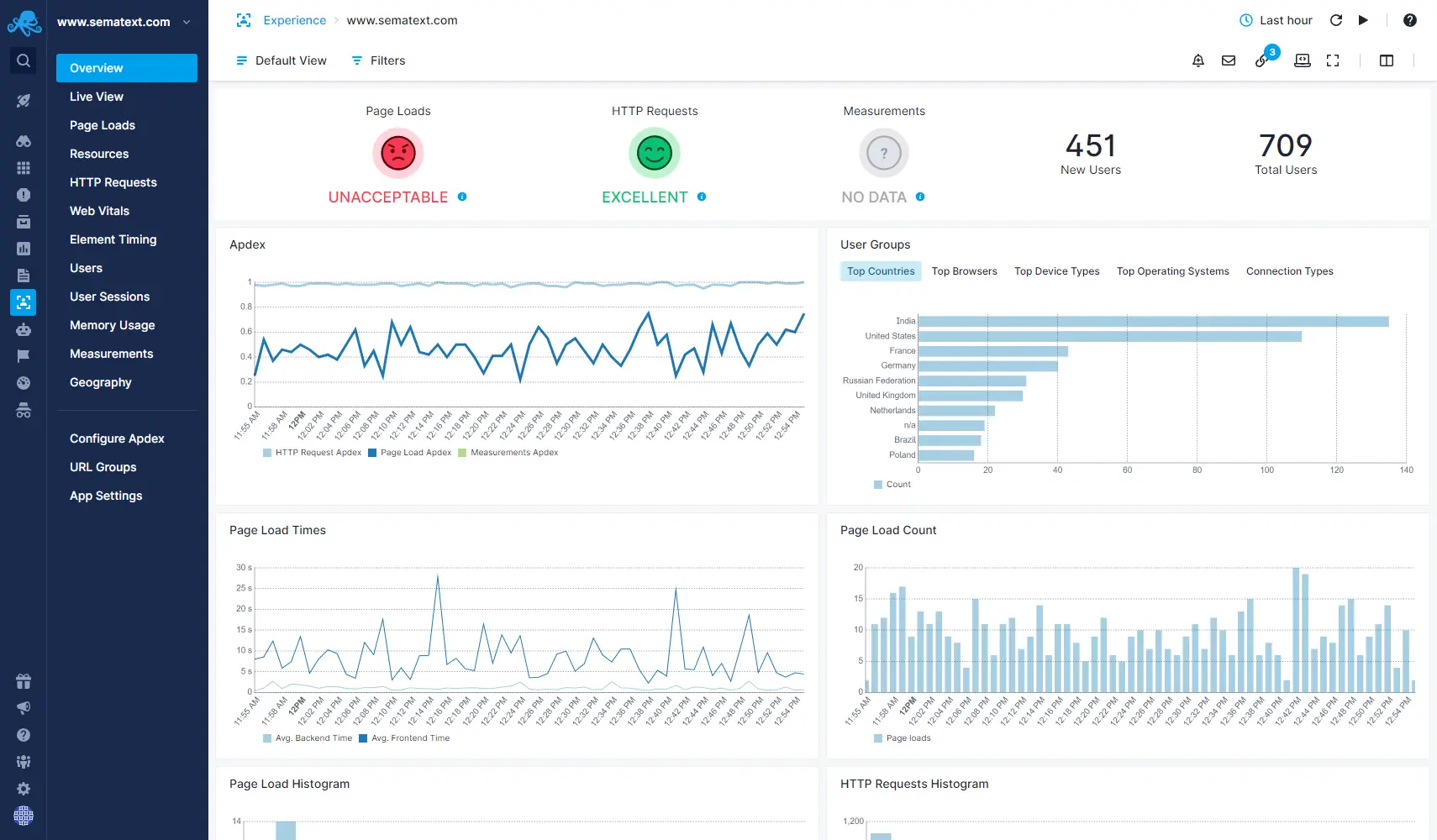But here’s the funny thing: while we’re all obsessed with apps, streaming platforms, and cloud services, the entire digital experience still depends on one thing — the network built and maintained by these telecom giants. Think about it. Every text, every scroll through Instagram, every email — it all rides on the invisible highways laid down by telecoms operators. Without them, we’re basically stuck shouting across the street again.
Table of Contents
The Backbone You Never See
We live in an age where everything feels wireless and instant. But behind that illusion of “magic connectivity” is an insanely complex infrastructure — fiber cables under oceans, 5G towers popping up everywhere, satellites spinning above us. And who’s managing all that? You guessed it — telecoms operators. They’re the quiet powerhouses of the digital world. While tech startups get all the hype, it’s the telcos who actually make their products possible. No Uber without GPS data. No Netflix without stable streaming. No online classes, no remote work, nothing.
You might not think of them as “cool,” but in the grand scheme, they’re the unsung heroes keeping civilization running.
The Transformation Nobody Talks About
Here’s something interesting — telecoms operators aren’t just about phone lines anymore. The industry’s going through a massive transformation. They’ve gone from being “service providers” to “digital enablers.” That sounds fancy, but it’s real. Modern telcos are investing in cloud computing, cybersecurity, IoT (Internet of Things), and AI to stay ahead of the curve. Remember when calling abroad was crazy expensive? Now, you can video chat with someone in another continent for free — all because operators evolved with the times. They’re quietly building the infrastructure for smart cities, autonomous cars, and 6G tech (yes, that’s already in the works).
But Let’s Be Real — It’s Not All Smooth Sailing
Now, before we paint a perfect picture, let’s be fair — telecoms operators face some real challenges. Competition is brutal. Prices are squeezed. And consumers? We’re demanding more for less. We want unlimited data, zero buffering, and dirt-cheap prices — all while using ten different devices at once. That’s a tough crowd to please. Plus, new tech disruptors like Starlink are entering the game, offering satellite internet directly to customers. That’s pushing traditional operators to reinvent themselves faster than ever. Still, they’re adapting. Many are teaming up with tech companies instead of fighting them — think Vodafone working with Google, or AT&T with Microsoft. The line between “telecom” and “tech” is starting to blur in fascinating ways.
Why You Should Care (Even If You Think You Don’t)
You might be thinking, “Okay, but what’s that got to do with me?”Well, a lot, actually. The strength of telecoms operators determines how connected — and competitive — your country is. Better networks mean better opportunities: remote jobs, e-learning, telemedicine, even access to AI-driven tools. When telcos invest in infrastructure, it trickles down to everything from rural education to small business growth. It’s easy to forget, but a single fiber line laid in a remote town can change lives there.
That’s not an exaggeration. It’s already happening across parts of Africa and Asia, where mobile connectivity is lifting millions out of digital isolation.
The Human Side of Connectivity
At the end of the day, all those cables and signals come down to one thing — connection. Real, human connection.
It’s the grandparent video-calling their grandkids for the first time. It’s a small business finding new customers online. It’s students attending a virtual classroom during a global crisis. Telecoms operators might not get the same love as the flashy tech brands, but their work is deeply human at its core.Let’s face it — we may never “feel” the fiber cables beneath our feet, but they’re shaping how we live, love, and work every single day.
What’s Next for Telecoms Operators?
The future’s looking both exciting and uncertain. On one hand, telcos are racing to build 5G and beyond, opening doors for technologies we can’t even imagine yet. On the other hand, the market’s becoming more crowded, with startups challenging old giants. AI will play a huge role too. Operators will use it to predict network failures, enhance customer support, and optimize data use. In fact, the next time your call quality magically improves mid-conversation — that’s probably an AI algorithm working behind the scenes.
But the real winners will be the companies that balance innovation with trust. Because in a world drowning in data breaches and privacy scares, users will choose the operator that feels human — transparent, reliable, and accountable.
The Bottom Line
So, yeah — we might not think about telecoms operators much, but they’re quietly shaping the future of communication and technology. They’re the reason your Zoom call works, your favorite show streams smoothly, and your phone lights up with a simple “Hey, are you free?” They’ve evolved from being just carriers of signals to architects of the digital era. Next time your Wi-Fi drops, instead of just cursing your provider, maybe take a second to appreciate the mind-boggling system keeping billions of us connected — and the telecoms operators running it all.











